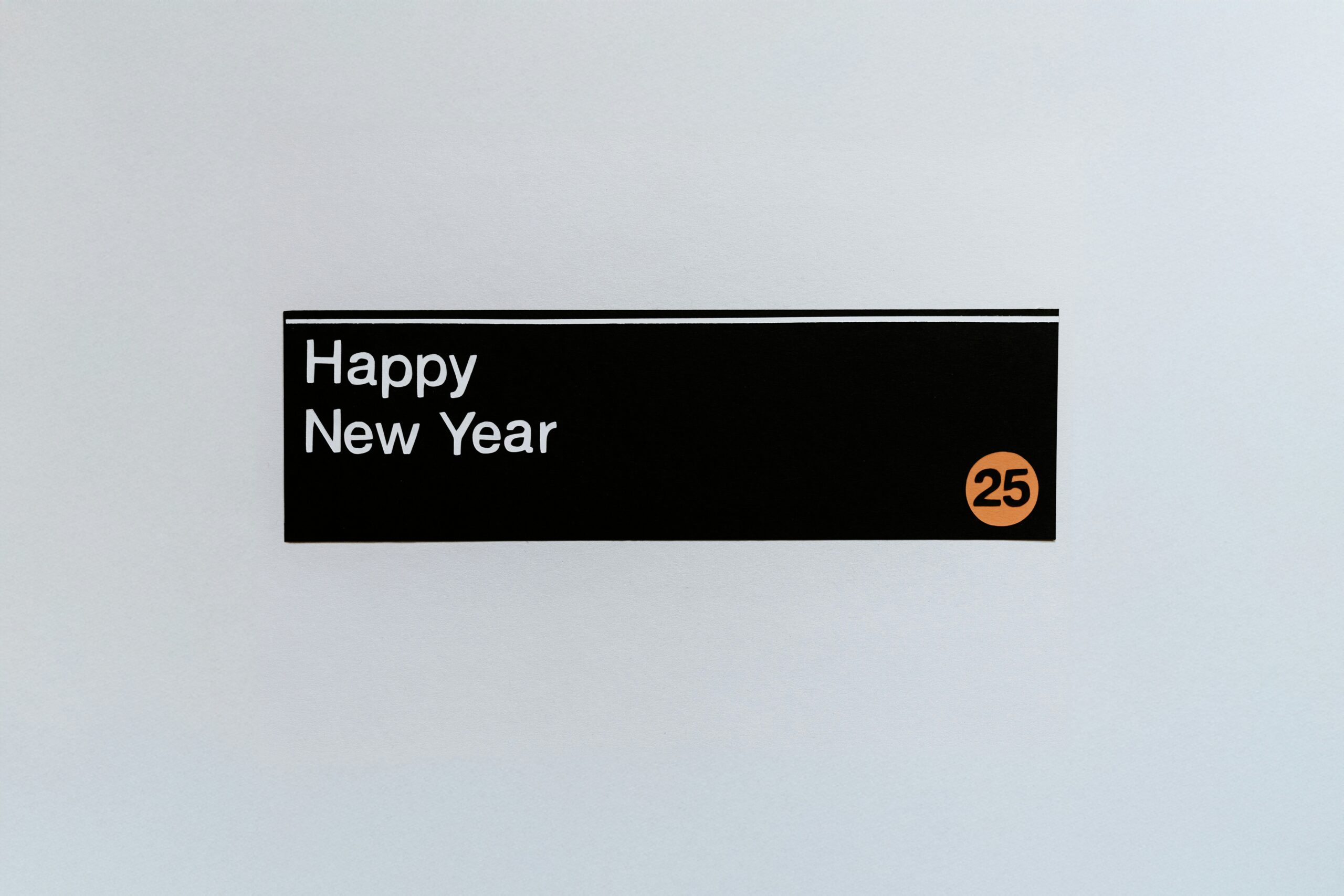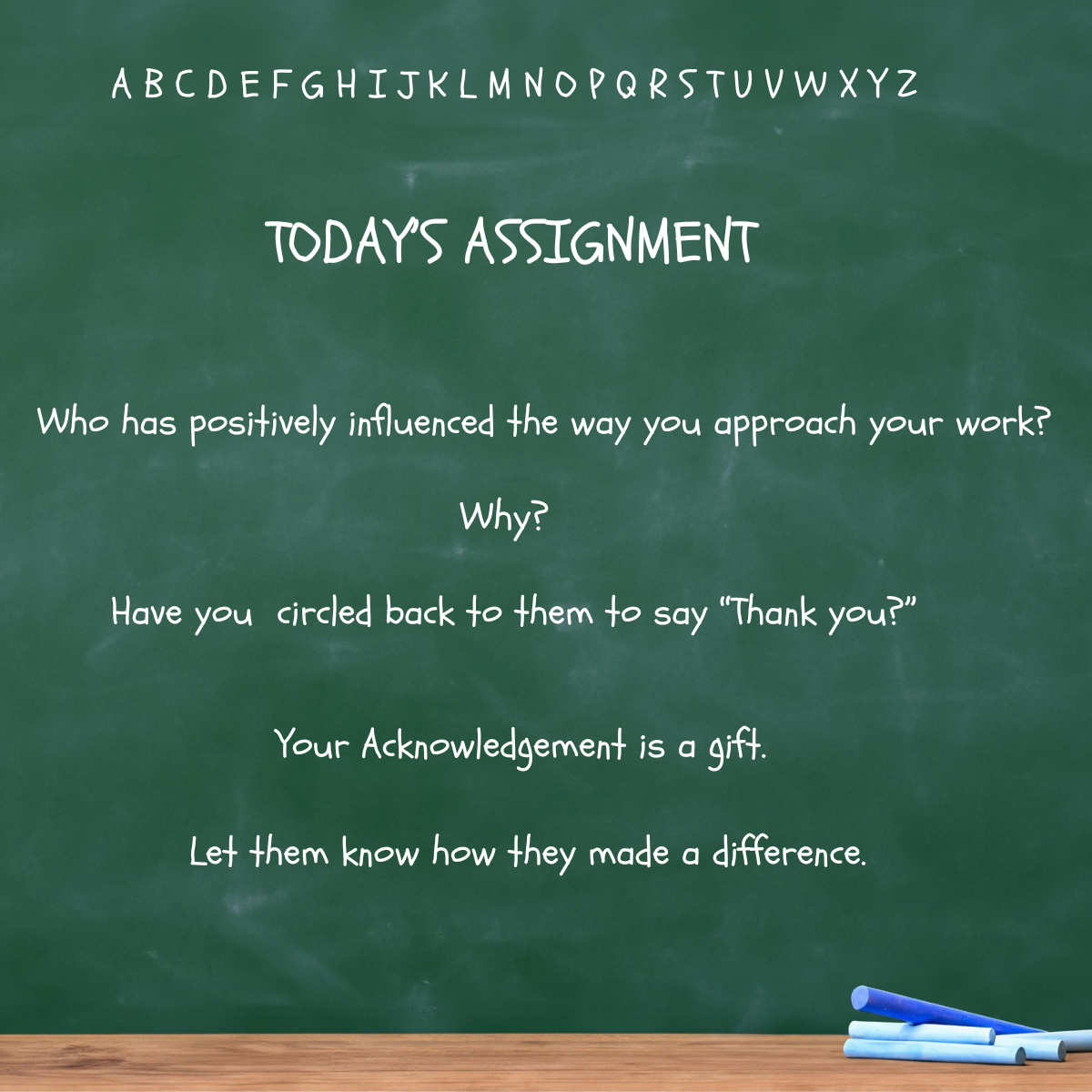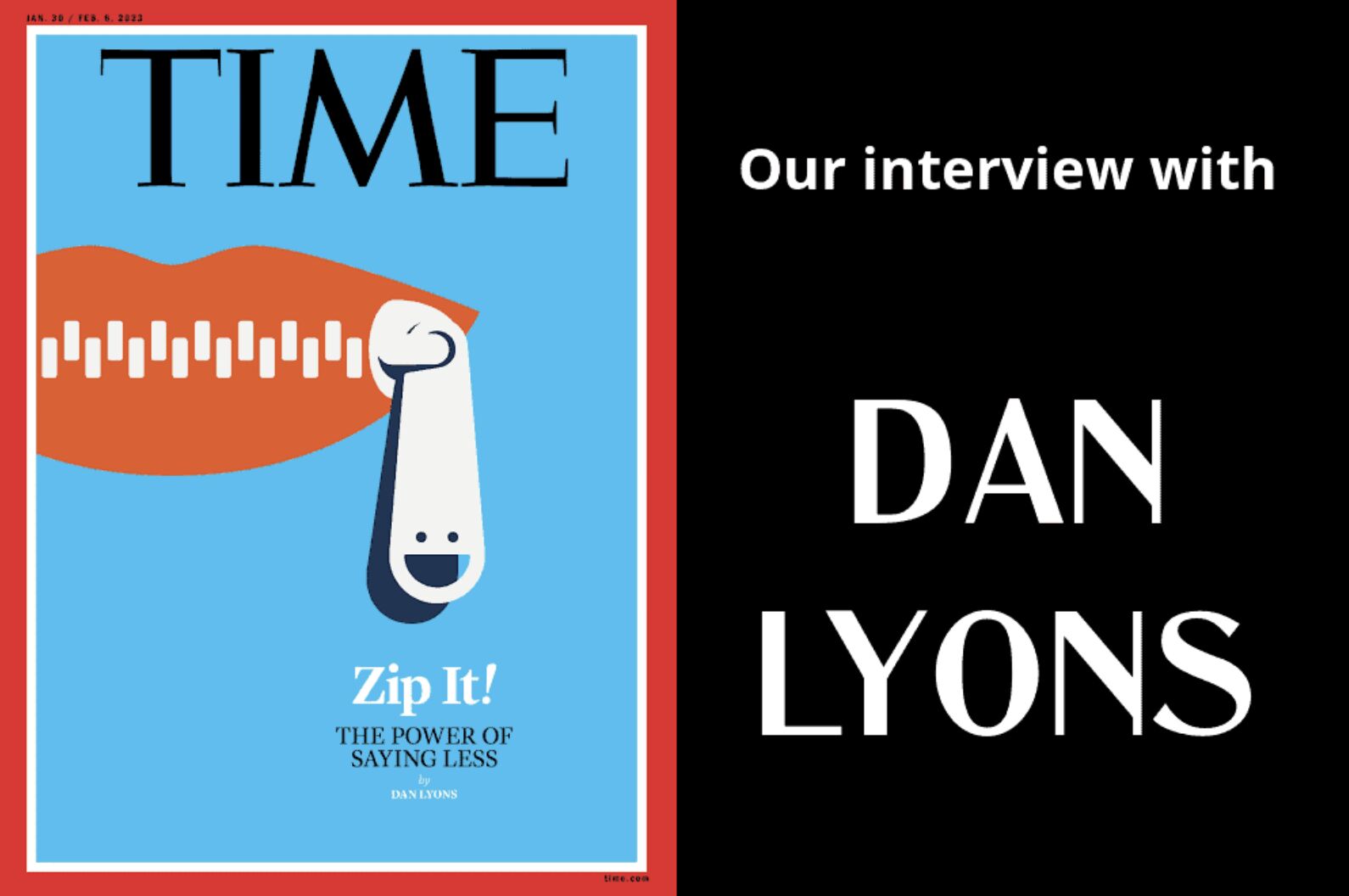
No One Brought a Cake to our New Neighbors
The author shares a memory of an African American family moving to her neighborhood.

The author shares a memory of an African American family moving to her neighborhood.

One Valentine’s Day in a faraway place called the 7th Grade, I learned a few important lessons about providing feedback.

George Washington offers us great lessons in communications and leadership. The sculpture at the top of the page is called

What if we did these simple things in 2025? Think about all the great things that could happen in your

Is saying “Thank You” a daily ritual? Simple rituals matter. Saying “Thank you” is one of those activities. Who has

The neighborhood rooster didn’t get the memo about Daylight Savings Time last week. It’s bad enough that he usually commences

In this interview, Narativ Inc. founder Murray Nossel discusses legacy stories, the power of stories about failure, and how to relate to your listeners in such a way that they connect with you and your subject matter
A gold mine of knowledge and information to apply to your messages.

Why is it so challenging to stay quiet? What is the result of over talking or talking exactly at the moment when it would be so much more beneficial to stay silent?
We recently released an episode of Narativ Inc’s LEADERSHIP STORY TALKS podcast that was all about the power of keeping your mouth shut, with the author Dan Lyons and we got so many great insights from the conversation that we decided to write an article about these.
Dan’s book STFU: The Power of Keeping Your Mouth Shut in an Endlessly Noisy World is filled with strategies that are linked in research and in observations of today’s most effective leaders.

What if we learned the art of #Quiet Listening? We think we know how to listen. But what we are

This article outlines five simple and free steps we can take to improve our engagement at work.